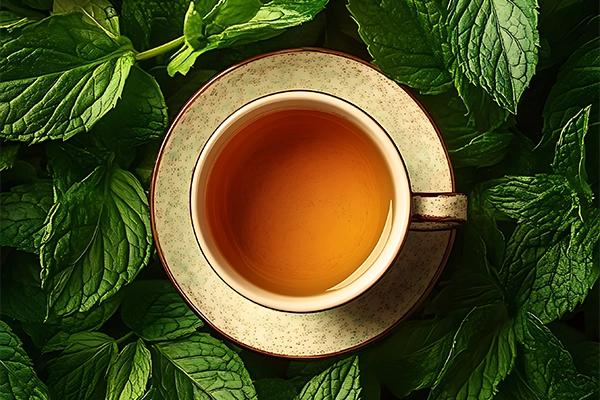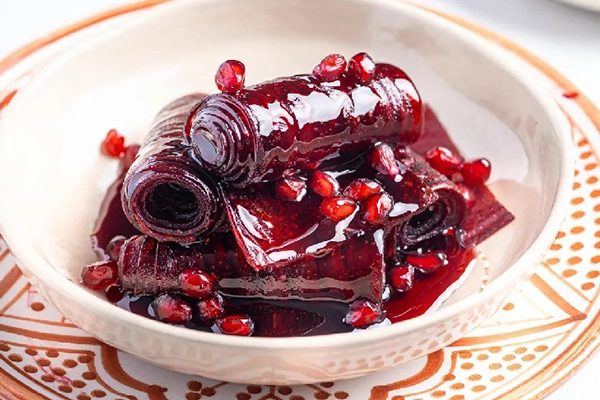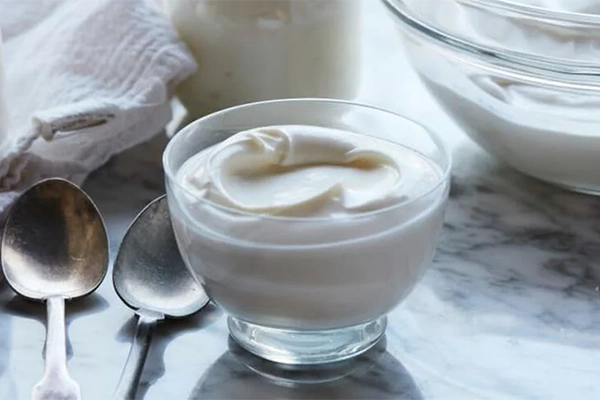Introduction
When cold and flu season strikes, many people reach for herbal tea—not just for the warmth and comfort, but for the natural healing benefits it offers. Used for centuries in traditional medicine, herbal teas for cold and flu relief can help ease sore throats, reduce fevers, calm coughs, and support your immune system.
But not all teas are created equal. So, which herbal teas truly work—and how should you use them?
Let’s explore the best herbal teas for cold and flu, their unique benefits, and how to brew them for maximum impact.
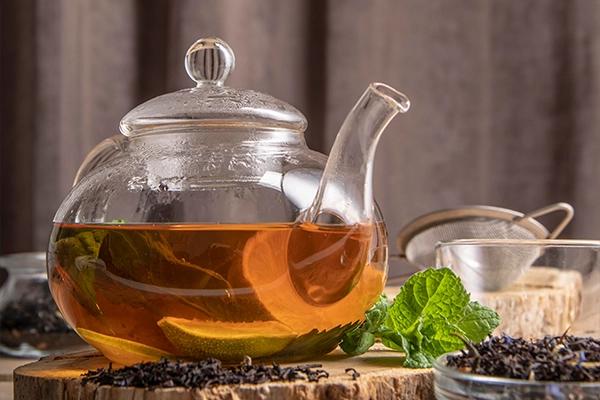
Why Choose Herbal Teas for Cold and Flu?
Herbal teas are a gentle, natural remedy that provide multiple benefits when you’re under the weather. Here’s why they’re a favorite during cold and flu season:
Naturally soothing, without harsh chemicals
Keep you hydrated (which thins mucus and eases congestion)
Rich in antioxidants and anti-inflammatory compounds
Help relieve symptoms like sore throat, cough, and fatigue
Unlike many over-the-counter medications, herbal teas for cold and flu don’t just mask symptoms—they work with your body to promote healing.
—
Ginger Tea: Warming and Immune-Boosting
H3: Key Benefits
Reduces inflammation
Soothes sore throat and body aches
Aids digestion and nausea relief
Ginger is a powerhouse when it comes to herbal teas for cold and flu. Its warming properties improve circulation, and gingerol, its active compound, has antiviral and antibacterial effects.
How to use: Grate 1–2 teaspoons of fresh ginger into hot water. Steep for 10 minutes, then add lemon and honey for extra immune support.
—
Peppermint Tea: Clears Sinuses and Eases Cough
H3: Key Benefits
Acts as a natural decongestant
Relieves headaches and coughing
Calms irritated throat tissues
Thanks to menthol, peppermint tea can open up nasal passages and help you breathe easier. It’s also effective at reducing tension headaches that often come with colds.
Tip: Sip it hot and inhale the steam deeply for extra decongesting power.
—
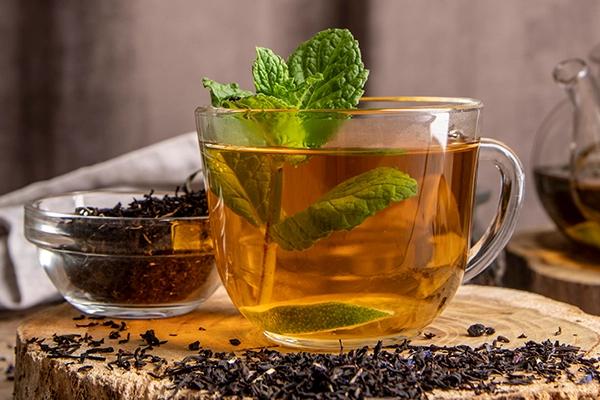
Chamomile Tea: Promotes Rest and Reduces Inflammation
Key Benefits
Encourages better sleep
Eases fever and discomfort
Gently calms inflammation
Chamomile is ideal for nighttime. It helps your body rest and heal, making it one of the best herbal teas for cold and flu recovery.
How to use: Steep 1 tea bag or 1 tablespoon of dried chamomile in hot water for 5–7 minutes.
—
Echinacea Tea: Strengthens Immune Defenses
Key Benefits
Activates the immune response
May shorten the duration of colds
Eases symptoms like sore throat and fatigue
Echinacea works best when taken at the first signs of illness, helping your immune system respond faster.
Note: Not recommended for those with autoimmune conditions or for daily use over long periods.
—
Licorice Root Tea: Soothes Throat and Cough
Key Benefits
Eases throat pain and dry cough
Antiviral and antimicrobial properties
Supports adrenal and stress-related fatigue
Licorice root’s natural sweetness makes it a soothing choice for irritated throats or persistent coughs.
Caution: Avoid in large quantities or if you have high blood pressure.
—
Thyme Tea: Natural Relief for Cough and Mucus
Key Benefits
Fights infection (antibacterial and antifungal)
Loosens mucus and eases coughing
Helps both dry and wet coughs
Thyme contains thymol, which has strong antimicrobial properties—great for clearing up respiratory infections.
How to use: Brew with fresh or dried thyme. Add honey and lemon to enhance taste and benefits.
—
Elderberry Tea: Flu-Fighting and Immune-Boosting
Key Benefits
High in antioxidants and Vitamin C
May reduce flu symptoms and duration
Strengthens immune response
Elderberry is often used in syrup form, but elderberry tea offers similar benefits. It’s especially useful during the height of cold or flu symptoms. Another reason it’s one of the top herbal teas for cold and flu.
—
Herbal Tea Safety Tips
While herbal teas for cold and flu are generally safe, here are some things to keep in mind:
Talk to your doctor if you’re pregnant, breastfeeding, or taking medications
Don’t overconsume any single herb daily or for extended periods
Watch for allergies—especially to echinacea, elderberry, or licorice
Children under 5 should only drink herbal teas approved by a pediatrician
—
Best Practices for Using Herbal Teas Effectively
To get the most out of your herbal teas for cold and flu:
Drink them warm, especially at the first sign of illness
Add lemon for Vitamin C and honey for soothing antibacterial support
Use high-quality, organic herbs or trusted tea brands
Stay consistent—2 to 3 cups daily (depending on the herb) is ideal
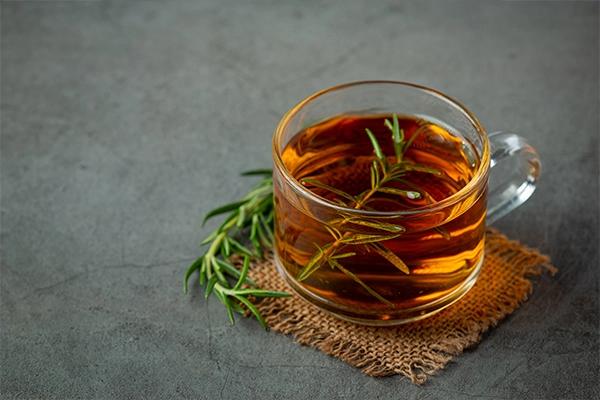
Conclusion
Herbal teas are more than just a cozy drink when you’re sick—they’re natural allies that support your body’s healing process. From the warming power of ginger to the immune-boosting benefits of echinacea and elderberry, each tea brings unique support during cold and flu season.
Stock your pantry with a few of these herbal remedies and brew your way to comfort, relief, and a stronger immune system. When in doubt, herbal teas for cold and flu are one of the most natural and effective ways to support your body through
